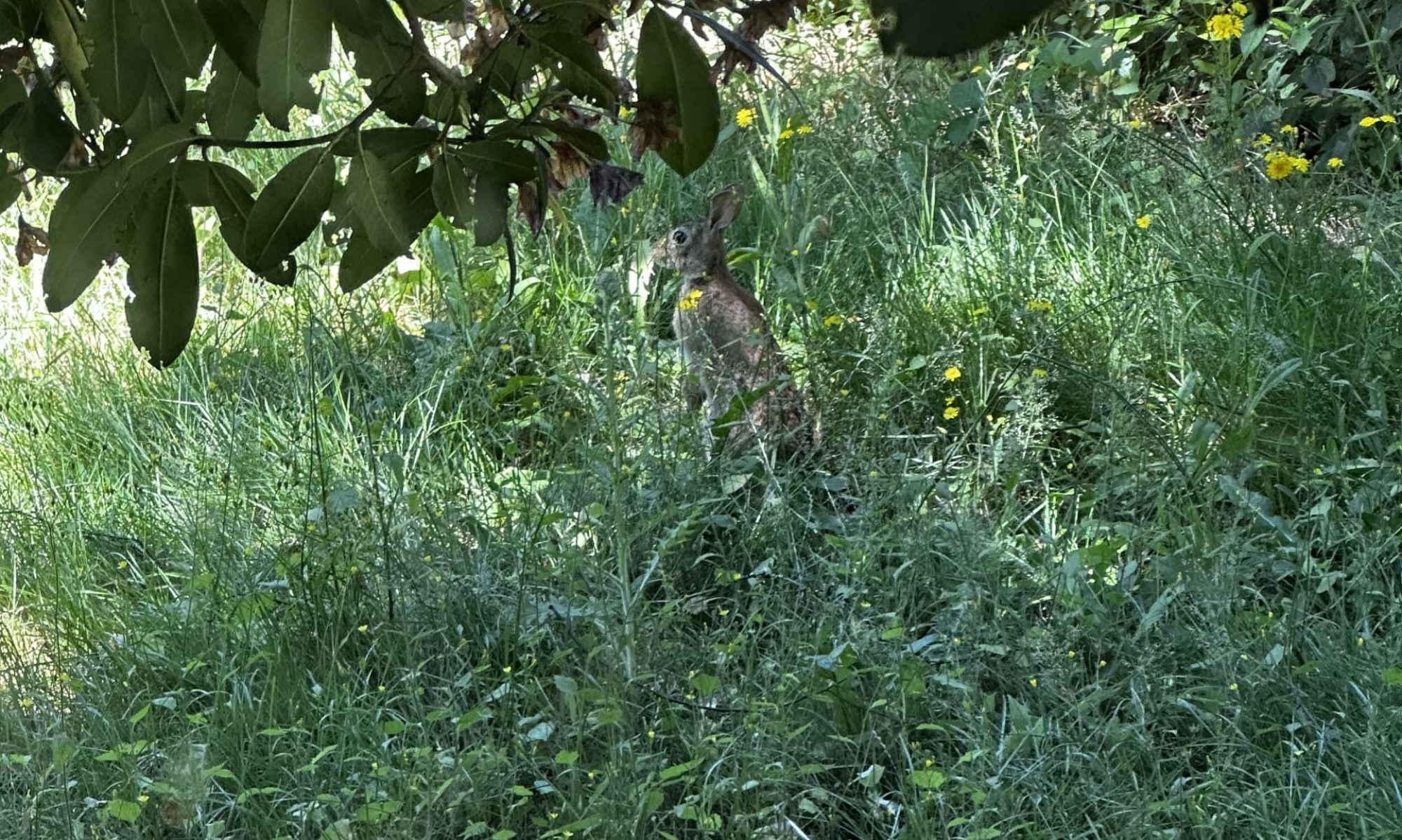A human being is a part of the whole called by us universe, a part limited in time and space. He experiences himself, his thoughts and feeling as something separated from the rest, a kind of optical delusion of his consciousness. This delusion is a kind of prison for us, restricting us to our personal desires and to affection to a few persons nearest to us. Our task must be to free ourselves from this prison by widening our circle of compassion to embrace all living creatures and the whole of nature in its beauty. ~Albert Einstein
When people go within and connect with themselves, they realize they are connected to the universe and they are connected to all living things. ~Armand Dimele
We cultivate love when we allow our most vulnerable and powerful selves to be deeply seen and known, and when we honor the spiritual connection that grows from that offering with trust, respect, kindness and affection.
Love is not something we give or get; it is something that we nurture and grow, a connection that can only be cultivated between two people when it exists within each one of them – we can only love others as much as we love ourselves. ~Brene Brown, The Gifts of Imperfection
As most of us across the globe are in physical isolation to help flatten the curve of the COVID-19 global pandemic, we are all adjusting to new and different ways of connecting with those we care about. Zoom has seen a massive uptick in usage, as well as phone apps like WhatsApp and MarcoPolo. We are learning the importance of these connections as the option to see folks in person is not advisable or safe.
We humans are social beings. We are meant to live in community and to connect to each other regularly. Our very survival once depended on it and our brains and epigenetic memory haven’t forgotten this.
For some of us, we normally live in relative isolation. We only go out once or twice a week, if that often or we rarely socialize outside of work. This means that having this already limited time of interaction with others removed as a possibility for an unknown period of time can have our feelings of isolation and anxiety skyrocket.
I know this has been true for me.
I like to be “alone with people.” This looks like me going to my favorite pub, sitting in a booth alone and working (and eating and drinking too), while others around me talk and laugh and socialize. It gives my introverted self a sense of connection and community and protects my INFJ self from needing to partake in small talk. I also go to the beach and usually see a couple people, we wave at each other or say hello and go about our business. It is very limited interaction, and yet I find it an important part of my own connection to humanity and it helps with my own sense of belonging and community.
(This is not to say I don’t go out with friends, I do, and not all that frequently because introvert and life is just full).
Having this very limited amount of community removed as an option for me has been intense.
What this has meant is me pushing myself outside my own comfort zone. I have joined two different online groups; groups with people I have never met. And I am actually making myself participate. I’m joining the calls. I’m connecting the FB groups and on the group Marco Polo. I’m putting myself out into the world in a way I don’t normally.
It is uncomfortable as hell.
And it is absolutely totally necessary for my own mental health.
Connecting to others, in whatever ways we can, is important. We can still maintain our boundaries, we can still honor our introverted parts (for those of us who have them).
And presently we need to be finding new and different ways of connecting. What the looks like will be different for each of us. What is important is that we are connecting. That we are having our needs for a sense of belonging met. That we are finding ways to sooth our anxiety and co-regulate. That we are connecting with faces and voices outside our own four walls (whether we live with others or not).
It is vital in this time of physical isolation to remember and be reminded that we are part of a greater world. That our global community needs us active in it. Human interaction is important to help us with processing our own attachment wounds and complex trauma – and not just therapists, but in finding our people who we can come together with and have our needs for connection met.
We need to be in relationship in order to find ways of healing our relational wounding and exploring new ways of relating. We can’t heal our attachment wounds in isolation. We can’t process our complex trauma alone. We can’t experiment with new ways of being in relationship if we aren’t relating with others.
May we all find our ways to social connections during this time of physical isolation that are nourishing, fulfilling, and meaningful.
/../
This essay was originally published in my weeklyish newsletter on March 30, 2020. It has been revised and edited for publication here. To receive my most current essays, you can subscribe here.
